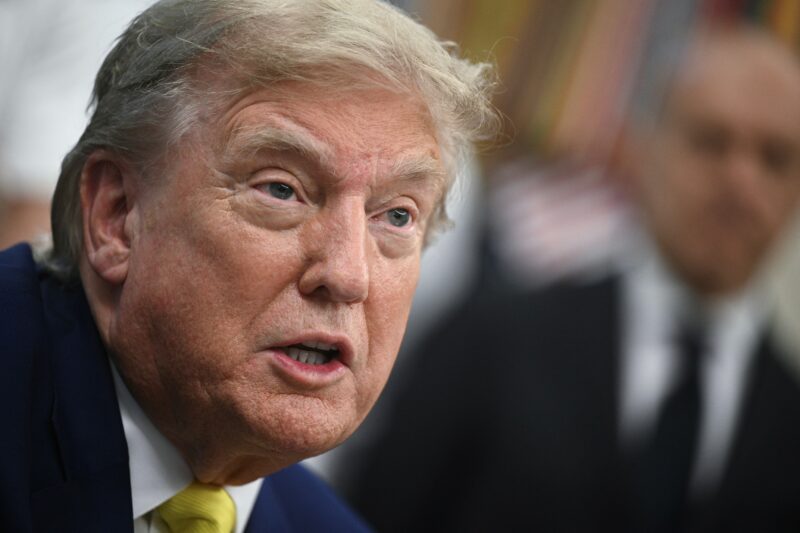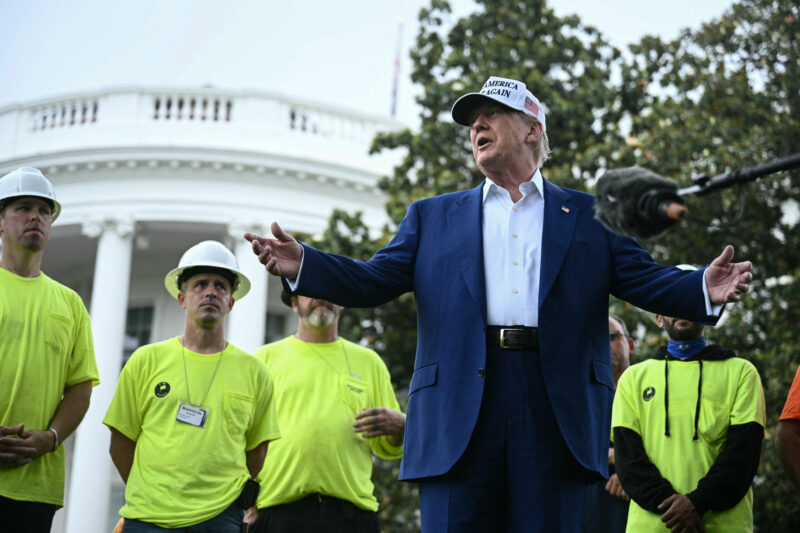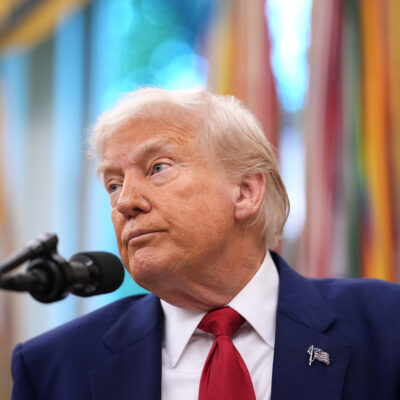
Daily Kickoff: The Abraham Accords comes to the Bronx ⚽
👋 Good Thursday morning!
Iran’s Defense Ministry said that an engineer died in an “accident” at the country’s Parchin military facility this morning, the third incident at the site since 2007. The ministry said that an investigation is underway, without providing more details. Parchin is the site of suspected past nuclear work, and has at times been off-limits to international inspectors.
The incident occurred less than a day after U.S. Special Envoy for Iran Rob Malleytestified before the Senate Foreign Relations Committee on the current status of talks with Tehran over its nuclear program. Malley, giving rare public testimony on Wednesday, said, “The odds of a successful deal are lower than the odds of failure” because Iran “maintains demands that go beyond the scope of the [Joint Comprehensive Plan of Action].” He added, “We are fully prepared to live with and confront that reality [of no deal], if that is Iran’s choice.”
Malley also confirmed a report that President Joe Biden had committed not to lift the Islamic Revolutionary Guard Corps’ terrorism designation. “I think that sticking point has in some ways been resolved in the sense that we’ve made clear to Iran that if they wanted any concession on something that was unrelated to the JCPOA, like the [Foreign Terror Organization] designation, we needed something reciprocal from them that would address our concerns,” Malley said. “They have to decide now, are they prepared to reach a deal without extraneous demands?”
The envoy confirmed that the administration would submit any deal reached for congressional review under the Iran Nuclear Agreement Review Act (INARA), which had been a lingering question for many critics of the negotiations.
Malley was asked by multiple legislators when the U.S. might exit talks — and confronted with January comments by Secretary of State Tony Blinken that the benefits of reentering the deal could become moot within weeks. “I apologize, it is true that we have said things in the past,” Malley said, walking back Blinken’s prior remarks. “We’re prepared to get back into the JCPOA for as long as our assessment is that its nonproliferation benefits are worth the sanctions relief that we would provide.” Read more here.
Israeli officials reportedly told the Biden administration that Israeli operatives were behind the targeted killing on Sunday of an Islamic Revolutionary Guard Corps colonel, whom they allege was the deputy commander of a covert unit dedicated to kidnapping and killing foreigners around the world.
soccer diplomacy
A new soccer field in the Bronx courtesy of the Abraham Accords

Rep. Ritchie Torres (D-NY) is no stranger to government malaise. Prior to his election in 2020, the Bronx congressman spent seven years as a New York City councilmember, working to wade through the sea of red tape that is government bureaucracy. So it impressed Torres when, last Friday, only a few months after first discussing the refurbishment of a soccer field in the Bronx’s Crotona Park, he was handed a pair of golden scissors as he stood on newly laid synthetic turf at the ceremonial ribbon-cutting. More surprising, the unusual source for the project’s success: Middle East peace, reports Jewish Insider’s Sam Zieve Cohen.
Funding: The project was made possible thanks to a $363,000 donation from the United Arab Emirates and the New York Football Club (which is majority-owned by members of the Abu Dhabi royal family). At the ceremony, Torres was joined by UAE Ambassador to the U.S. Yousef Al Otaiba, standing alongside the congressman and a contingent of local politicians and city officials. Through the ambassador’s new role as cheerleader for a changed Middle East, Torres, who has gained popularity in the Jewish community as a pro-Israel progressive, and Otaiba formed a friendship.
Trilateral friendship: “There’s no reason to think that the construction of the soccer fields would have gone forward without the Abraham Accords,” Torres observed in an interview this week. “The Abraham Accords has first order-, second-order and third-order consequences… Something as seemingly unconnected as a soccer field is, in its own way, a testament to the new trilateral friendship that has taken hold among the United States, the UAE and Israel.”
Warm peace: Prior to the park visit, Otaiba joined Torres at the Riverdale Jewish Center for an off-the-record conversation on the Abraham Accords before a local audience of around 60 people, including former Sen. Joe Lieberman (I-CT) and former Rep. Eliot Engel (D-NY). Otaiba and Torres, sitting on a stage with Rabbi Dovid Zirkind, spent over an hour in conversation. “The Abraham Accords is a monumental achievement in the diplomatic history of the Middle East. It’s an achievement that few in the foreign policy establishment predicted or thought was possible,” Torres told JI afterward, asking rhetorically, “Has there ever been a moment in human history when a Christian majority country, a Muslim majority country and a Jewish majority country came together to form, not merely a cold peace, but a genuine friendship?”












































